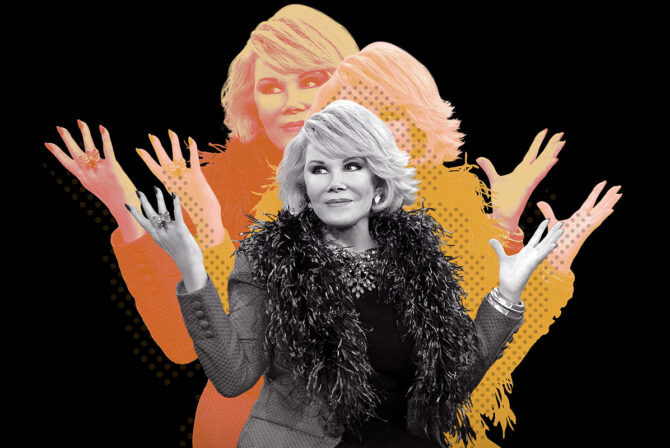It’s Shabbat afternoon, and the girls are putting on a beauty pageant in our living room. To their 8, 6, 4, and 1-year-old minds, it doesn’t take much imagination to see our modest floor as a full-fledged stage, red carpet and all. The TV has been off for the last 20 hours, in accordance with Orthodox custom.
We’re fortunate in that our kids entertain each other very well–even the baby, who, at 1.5 years old, is more like a pet dog to her older sisters than a playmate with a fully-formed identity and equal rights. My wife Rikki and I are sitting on the couch, alternating between reading our books, watching the kids, chit-chatting, and dozing off. It looks like the lazy Shabbat afternoons of so many observant Jewish families, but then I do a quick check on my phone to see when Shabbat is over. My phone tells me we have a half hour more to go. I breathe a sigh of relief.
Up until a year and a half ago, I was observant–if not unhappily, then begrudgingly. But a year and a half ago, my increasing apathy towards the Orthodox lifestyle turned to antipathy, and I stopped practicing. This naturally created an imbalance, for we had specifically built our family around a lifestyle that requires intensive participation from all parties. And here I was, just recusing myself.
I remember the moment my eldest beauty queen caught me on the computer on a Friday night, which caused her to confront Rikki, which resulted in a much-needed family conversation on the couch.
“Do you remember Uncle Henry? He’s not frum but he loves us anyways and he let us keep Shabbat in his house. Tatty is also not frum like Uncle Henry.” I sat by quietly while my wife said these scary words to our two eldest children–Beauty Queen One was 7 years old while Beauty Queen Two was 5.
“But Tatty used to be frum, right?” BQ 1 asked.
“Yes, but he’s not anymore.” Rikki paused. “But he still loves us, and he’s still the same Tatty you have always loved.”
The kids seemed to be satisfied with this, though it was clear that they were still somewhat confused. And I can’t blame them: this new family arrangement is different than any they were familiar with, to be sure.
Many friends and acquaintances have told us they feel that our marriage could no longer work, and took some strong positions against our marriage. But Rikki and I felt differently, and we persevered. Setting out on this new life was almost like getting married all over again; we had to re-learn to respect each other and each other’s choices.
Growing up in a yeshivish home, Rikki was trained to rely on her husband to provide the spirituality in the home, and she was taught that it was her husband’s religious devotions that would earn her a place in the world to come. Now, Rikki has learned to respect her own religious instincts. She’s learned that she could attend shul and daven (pray), that she could make kiddush on Shabbat, even with me, her husband, at the table. And I learned that although I don’t believe anyone’s listening on the other end, I could still daven a bit when I take my kids to shul.
I also learned that families are whatever you make them. During this period of change I found myself listening to an episode of “This American Life” called Red State Blue State. The episode talked about families torn apart by differing opinions on politics and each person’s wish that they weren’t so torn apart by it; the stories spoke directly to our situation, and I didn’t want to end up like those families where ideas take precedence over family ties.
Recently, we’ve begun the arduous preparations for Passover that entails rigorous cleaning, scrubbing, vacuuming, and a general complete overhaul of house and home.
“Mommy, why can’t we eat chametz (leavened bread) on Pesach?” asked Beauty Queen Two.
“Because when Pharaoh finally decided to allow the yidden (Jewish people) to leave Mitzrayim (Egypt) they were in the middle of baking their laffas and Pharaoh didn’t give them time to finish baking them. They had to run so fast that the laffas turned to matzah,” I answered helpfully, receiving a grateful look from Rikki, grateful that I didn’t throw much snark into my response as I might if my kids were not in earshot.
But of course, she still worries. Though I wasn’t particularly enthusiastic for Passover before I finally dropped observance, now, Rikki wonders how she can rely on me to help clean, participate in bedikat chametz (search for leavened bread), and make a seder worth looking forward to when I don’t even believe the stories Passover celebrates anymore?
I reassure her it’ll be a beautiful Passover nonetheless, and I won’t be kvetching too much about my duties. I realize, now, that I’ll be doing it for my family instead of for God. Because my family is something I’ll never stop believing in.
Like this post? Get the best of Kveller delivered straight to your inbox.







